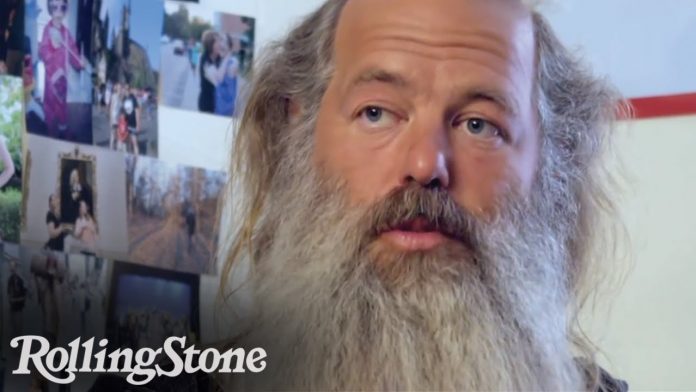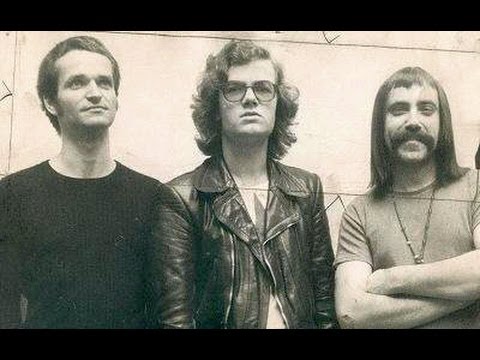David Bowie’s Isolar II – The 1978 World Tour, more commonly known as The Low / Heroes World Tour or The Stage Tour, originally was to have Brian Eno as part of the tour band, but had to drop out due to health reasons. The band only had two weeks to rehearse for the tour. Carlos Alomar was the tour’s band leader and drove the rehearsals.
The set list for the performances consisted of material from the previous years’ albums, Low and “Heroes”, with the second half of each performance opening with a five-song sequence from the The Rise and Fall of Ziggy Stardust and the Spiders from Mars album. Bowie had the band learn the entirety of the Ziggy Stardust album in rehearsals, although most of the songs were never performed live on the tour. The instrumental track “Art Decade” typically followed the Ziggy Stardust tracks, a mellow track to follow the energy of the Ziggy Stardust material.
This TV special was filmed at the Dallas Convention Center, Dallas, Texas on April 10, 1978
Show filmed and broadcast as “David Bowie On Stage” on US TV
What In The World 00:26
Blackout 05:19
Sense Of Doubt 09:08
Speed Of Life 12:15
Hang On To Yourself 15:03
Ziggy Stardust 17:47
https://youtu.be/9QXYnCaKZEY













